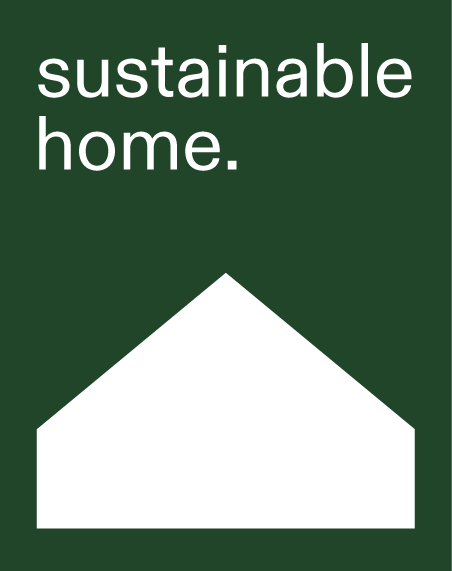Prior to its recent renovation, the bones of this 1960s Geelong home were sound, except for a relatively poor extension added in the ‘80s.
After an initial bathroom revamp, the clients engaged Genevieve Wallis Studio and Studio 101 Architects to redo the extension and rework the home in keeping with the original design intent.
The original house was a ‘Lowline’ project home designed in 1965 by architect Peter Hooks for Leighton Homes. According to Built Heritage, the brick veneer house offered many features unusual for project houses at that time, including two bathrooms, and a kitchen with electric wall oven, and a double sink.
‘The client loved the high ceilings, floor-to-ceiling timber windows, stacked brick wall at the entrance coming into the house and its proportions,’ says Genevieve Wallis, director of Genevieve Wallis Studio.
‘The clients also loved the peacefulness of the home—attributed to its location—as well as the interior acoustics of the original structure… They also loved the unassuming frontage of the home.’
All of these qualities have been retained in subsequent renovations, spare for more inspiring interiors within.
A slightly larger addition replacing the ‘80s extension is now the heart of the home, with floor-to-ceiling glass framing and connecting to the crazy paved patio in the backyard.
The material palette references both the original ‘60s home and the earlier bathroom renovation. Stacked brickwork was brought indoors by Studio 101, while Genevieve Wallis Studio’s design plays with geometric and organic shapes.
Selected walls throughout the interior renovation are clad in blackbutt, inspiring an overall palette of earthy tones including terracotta, gum leaf green, and muted beige, lifted with traditional soft white walls and ceilings. A muted peach terrazzo tile on the en suite floor is a nod to the pre-renovated bathroom, complemented by nude toned mosaics on the curving shower wall.
‘The clients are a young family, not afraid of colour, but also passionate about creating a peaceful sanctuary-like feel within their home, so we were able to have a bit of fun with colour,’ says Genevieve.
‘We were limited in space so opted for a wall hung vanity, which we ran in a contrasting burgundy, providing a surprise element of colour synonymous with mid-century design.’
The overall renovation complements the existing architecture without competing. The calming, solid nature of the original design has been retained, housing a more interesting and textural interior palette.











































